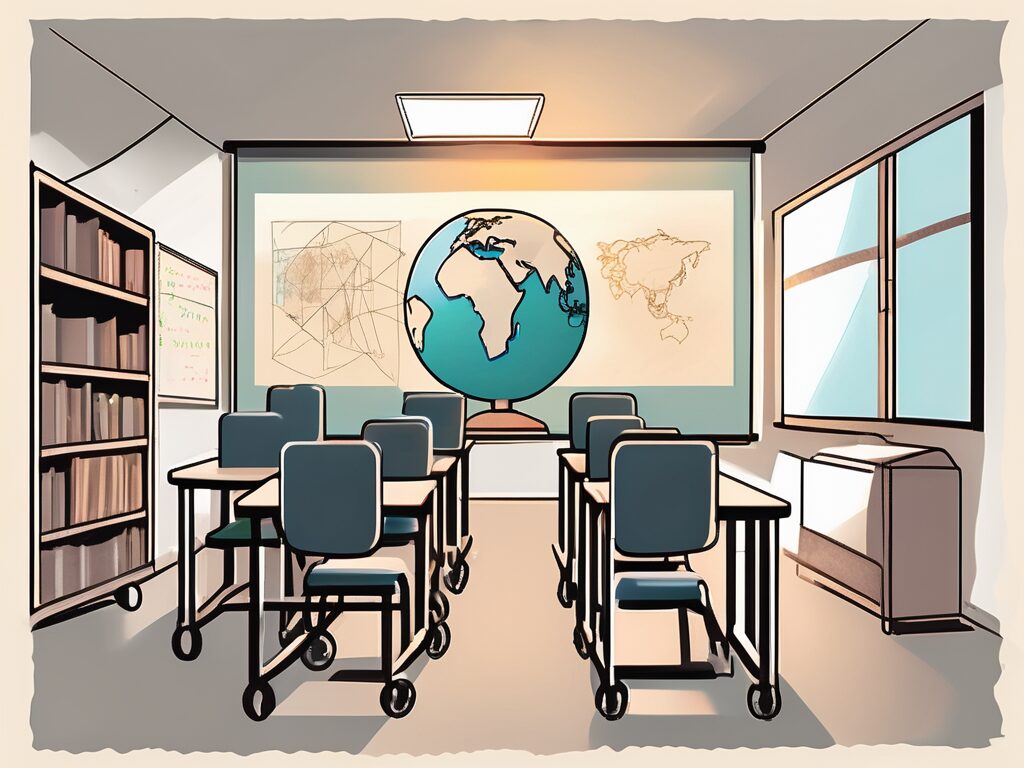Top 5 Challenges in Taiwan’s Education System for 2025 Success
Taiwan, an island nation in East Asia, is recognized for its exemplary education system. However, it faces distinct challenges that impact both educators and students. This guide aims to provide education consultants with a comprehensive overview of the primary obstacles within Taiwan’s educational framework. By examining issues such as language barriers, cultural differences, resource limitations, and teacher shortages, we can better equip international teachers to navigate this complex landscape.
Language Barriers
English Proficiency Challenges
A critical challenge within Taiwan’s education system is the varying levels of English proficiency among students. Despite governmental initiatives to enhance English language education, many students, particularly in rural regions, continue to face difficulties. Limited access to quality English instruction and insufficient exposure to native speakers exacerbate this issue.
For educators, the task of teaching English to students with minimal prior exposure necessitates innovative pedagogical strategies and considerable patience. However, the benefits of overcoming these challenges are substantial, as improved English proficiency can significantly broaden students’ academic and professional opportunities.
Mandarin Chinese Dominance
The prevalence of Mandarin Chinese as the primary language of instruction presents additional challenges, particularly for students from minority language backgrounds, such as Hakka or indigenous languages. This linguistic dominance can hinder the educational experience for these students.
Educators must strive to create inclusive learning environments that accommodate diverse linguistic backgrounds. This often requires the integration of multilingual elements into lesson plans, a task that can be both complex and time-consuming.
Cultural Differences
Contrasting Teaching Methodologies
The intersection of Eastern and Western educational philosophies poses a significant challenge in Taiwan. Traditional Taiwanese teaching methods, which often emphasize rote memorization, contrast sharply with the interactive, student-centered approaches prevalent in Western education systems.
International educators may find it challenging to engage students accustomed to passive learning styles. Conversely, students may struggle to adapt to more dynamic teaching methods, necessitating a careful balance between pedagogical approaches to facilitate effective learning.
High Academic Pressure
The competitive nature of Taiwan’s education system creates a high-pressure environment for students. From an early age, students are encouraged to excel academically, often at the expense of their mental health and overall well-being. This pressure can lead to stress, anxiety, and burnout, adversely affecting students’ learning experiences.
Educators must navigate this challenging landscape by fostering a supportive learning environment that prioritizes student well-being alongside academic achievement. This dual focus is essential for cultivating a sustainable educational experience.
Resource Limitations
Disparities Between Urban and Rural Education
Resource allocation presents a significant challenge within Taiwan’s education system, particularly when comparing urban and rural schools. Urban institutions typically benefit from superior resources and facilities, leading to disparities in educational outcomes.
Educators in rural areas often face the challenge of delivering high-quality education with limited resources. This situation necessitates creativity and resourcefulness to maximize the educational experience for students.
Teacher Shortages
Teacher shortages, particularly in rural regions, further complicate Taiwan’s educational landscape. The difficulty in attracting and retaining qualified educators can result in larger class sizes and increased workloads for existing teachers, ultimately impacting the quality of education provided.
Addressing this issue requires a multifaceted approach, including improving working conditions, offering incentives for teaching in underserved areas, and investing in ongoing professional development for educators.
Conclusion
While Taiwan’s education system is highly regarded, it is not without its challenges. Language barriers, cultural differences, resource limitations, and teacher shortages present significant obstacles for educators and learners alike. However, with a commitment to innovation and continuous improvement, these challenges can be transformed into opportunities for growth and development.
As we look to the future, it is imperative to address these issues proactively, ensuring that all students in Taiwan have access to a high-quality education that equips them for success in an increasingly globalized world. Education transcends mere academic achievement; it is about preparing students with the skills and knowledge necessary to make a positive impact in society.
Enhance Your Teaching Career with IPGCE
Understanding the challenges outlined in Taiwan’s educational system highlights the necessity for robust qualifications that can bridge gaps and advance educators’ careers. The IPGCE program offers a comprehensive solution that enhances qualifications, fosters career progression, connects educators to a global network, and deepens understanding of international curricula. Embrace the opportunity to balance professional development with your current commitments through our flexible online study options. Join the UK’s #1 Teacher Training Course today and transform challenges into milestones in your educational journey.

